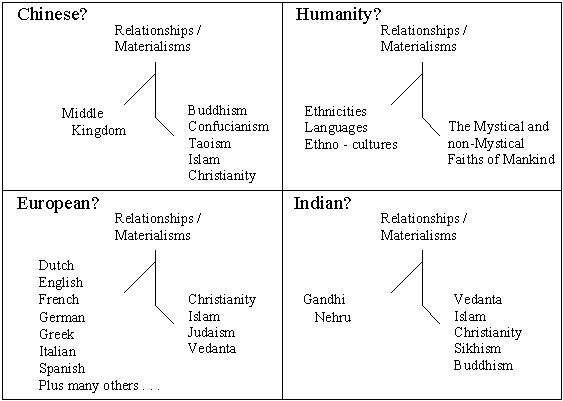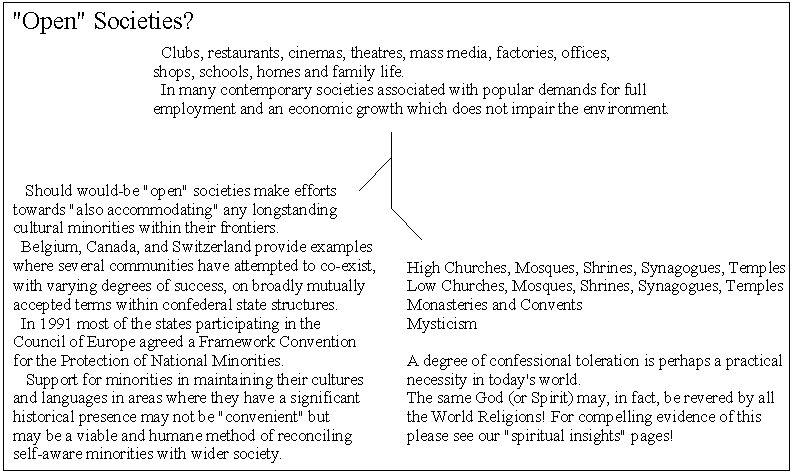Famous Historians
We have assembled biographical details on the careers of many famous historians. These biographies have
been well received as several of them have been frequently linked to by other web sites showing that there is a
fair degree of interest in biography about famous historians - "the 'genius' who
can write about History rather than 'any fool' who can make it" - (with thanks to Oscar Wilde and all that).
The historian should be fearless and
incorruptible; a man of independence, loving frankness and truth;
one who, as the poets says, calls a fig a fig and a spade a
spade. He should yield to neither hatred nor affection, not
should be unsparing and unpitying. He should be neither shy nor
deprecating, but an impartial judge, giving each side all it
deserves but no more. He should know in his writing no country
and no city; he should bow to no authority and acknowledge no
king. He should never consider what this or that man will think,
but should state the facts as they really occurred.
Lucian (A.D. 120-200)
History must at last convince of the uselessness of insensate mass movements riding roughshod,
now as ever, over anonymous suffering and claiming priority in the name of some newly clothed abstraction.
If it does not teach that, it does not teach anything.
William Gerhardi - "Historian's Credo"
From the introduction to his "The Romanovs"
You can also access some pages directly about the European Revolution of 1848 and the nineteenth century Unifications of Italy
and Germany on this site.
Please be aware, however, that these pages were prepared somewhat under the influence of:-
Emerson's call for a "transcendentalist"
approach to the Study of History.
Emerson's view suggests that :-
" man is a bundle of relations, a knot of roots,
whose flower and fruitage is the world. "
"There is one mind common to all individual men.
Of the works of this mind history is the record.
Man is explicable by nothing less than all his history.
all the facts of history pre-exist as laws. Each law in
turn is made by circumstances predominant. The creation
of a thousand forests is in one acorn, and Egypt, Greece, Rome,
Gaul, Britain, America, lie folded already in the first man.
Epoch after epoch, camp, kingdom, empire, republic, democracy,
are merely the application of this manifold spirit to the
manifold world".
Towards the end of his Essay, History, Emerson asserts that :-
"every history should be written in a wisdom which
divined the range of our affinities and looked at facts as
symbols. I am ashamed to see what a shallow village tale our
so-called History is".
Famous Historians : Links to our pages
Popular European History pages
at Age-of-the-Sage
- 1 The European Revolution of 1848 begins
- A broad outline of the background to the onset of the turmoils and a consideration of some of the early events.
- 2 The French Revolution of 1848
- A particular focus on France - as the influential Austrian minister Prince Metternich, who sought to encourage the re-establishment of "Order" in the wake of the French Revolutionary and Napoleonic turmoils of 1789-1815, said:-"When France sneezes Europe catches a cold".
- 3 The Revolution of 1848 in the German Lands and central Europe
- "Germany" had a movement for a single parliament in 1848 and many central European would-be "nations" attempted
to assert a distinct existence separate from the dynastic sovereignties they had been living under.
- 4 The "Italian" Revolution of 1848
- A "liberal" Papacy after 1846 helps allow the embers of an "Italian" national aspiration to rekindle across the Italian Peninsula.
- 5 The Monarchs recover power 1848-1849
- Some instances of social and political extremism allow previously pro-reform conservative elements to support
the return of traditional authority. Louis Napoleon, (who later became the Emperor Napoleon III), attains to power
in France offering social stability at home but ultimately follows policies productive of dramatic change in the wider European
structure of states and their sovereignty.

"History is for human self-knowledge ... the only clue to what man can do is
what man has done. The value of history, then, is that it teaches us what man has done
and thus what man is."
R. G. Collingwood

"Whatever concept one may hold, from a metaphysical point of view, concerning the freedom of the will, certainly its appearances, which are
human actions, like every other natural event, are determined by universal laws. However obscure their causes, history, which is concerned
with narrating these appearances, permits us to hope that if we attend to the play of freedom of the human will in the large, we may be able
to discern a regular movement in it, and that what seems complex and chaotic in the single individual may be seen from the standpoint
of the human race as a whole to be a steady and progressive though slow evolution of its original endowment."
Immanuel Kant (1724-1804)
Idea for a Universal History from a Cosmopolitan Point of View (1784)
Or to quote Emerson, from his famous Essay ~ History more fully:-
In old Rome the public roads beginning at the Forum
proceeded north, south, east, west, to the centre of every
province of the empire, making each market-town of Persia, Spain,
and Britain pervious to the soldiers of the capital: so out of
the human heart go, as it were, highways to the heart of every
object in nature, to reduce it under the dominion of man. A man
is a bundle of relations, a knot of roots, whose flower and
fruitage is the world. His faculties refer to natures out of him,
and predict the world he is to inhabit, as the fins of the fish
foreshow that water exists, or the wings of an eagle in the egg
presuppose air. He cannot live without a world.
|
|
![[famous historians, biography, biographical detail]](historian.gif) leopold von ranke, simon schama, eric hobsbawm, jacques barzun, fernand braudel
leopold von ranke, simon schama, eric hobsbawm, jacques barzun, fernand braudel![[famous historians, biography, biographical detail]](historian.gif) leopold von ranke, simon schama, eric hobsbawm, jacques barzun, fernand braudel
leopold von ranke, simon schama, eric hobsbawm, jacques barzun, fernand braudel